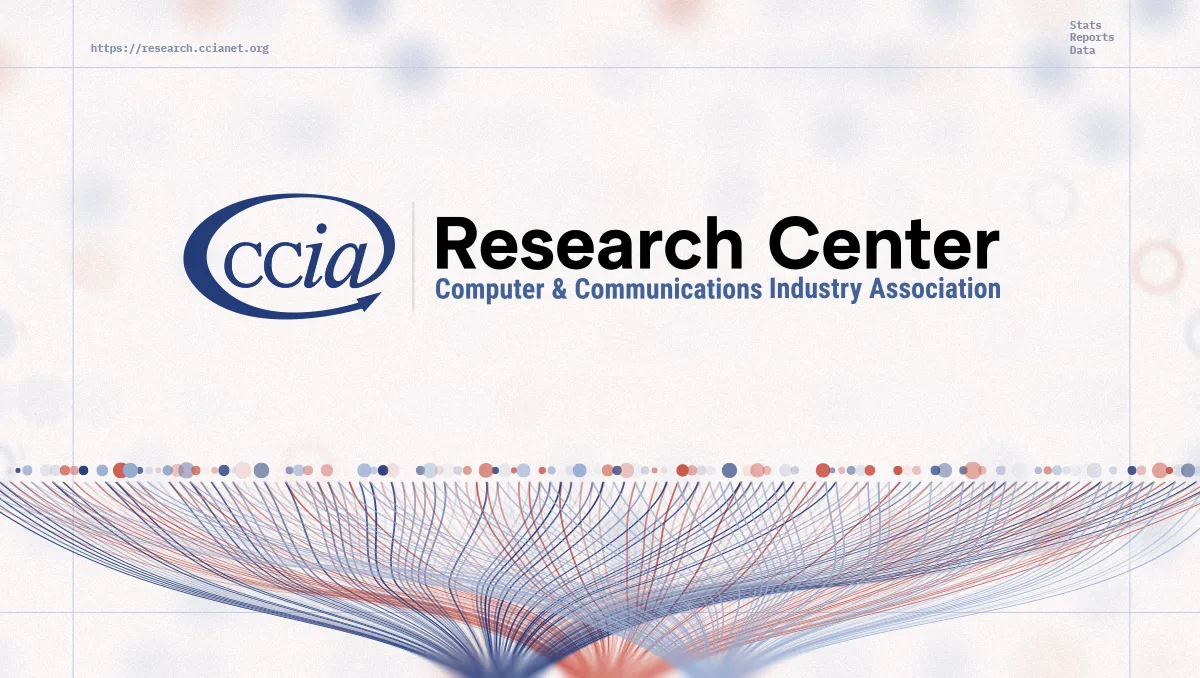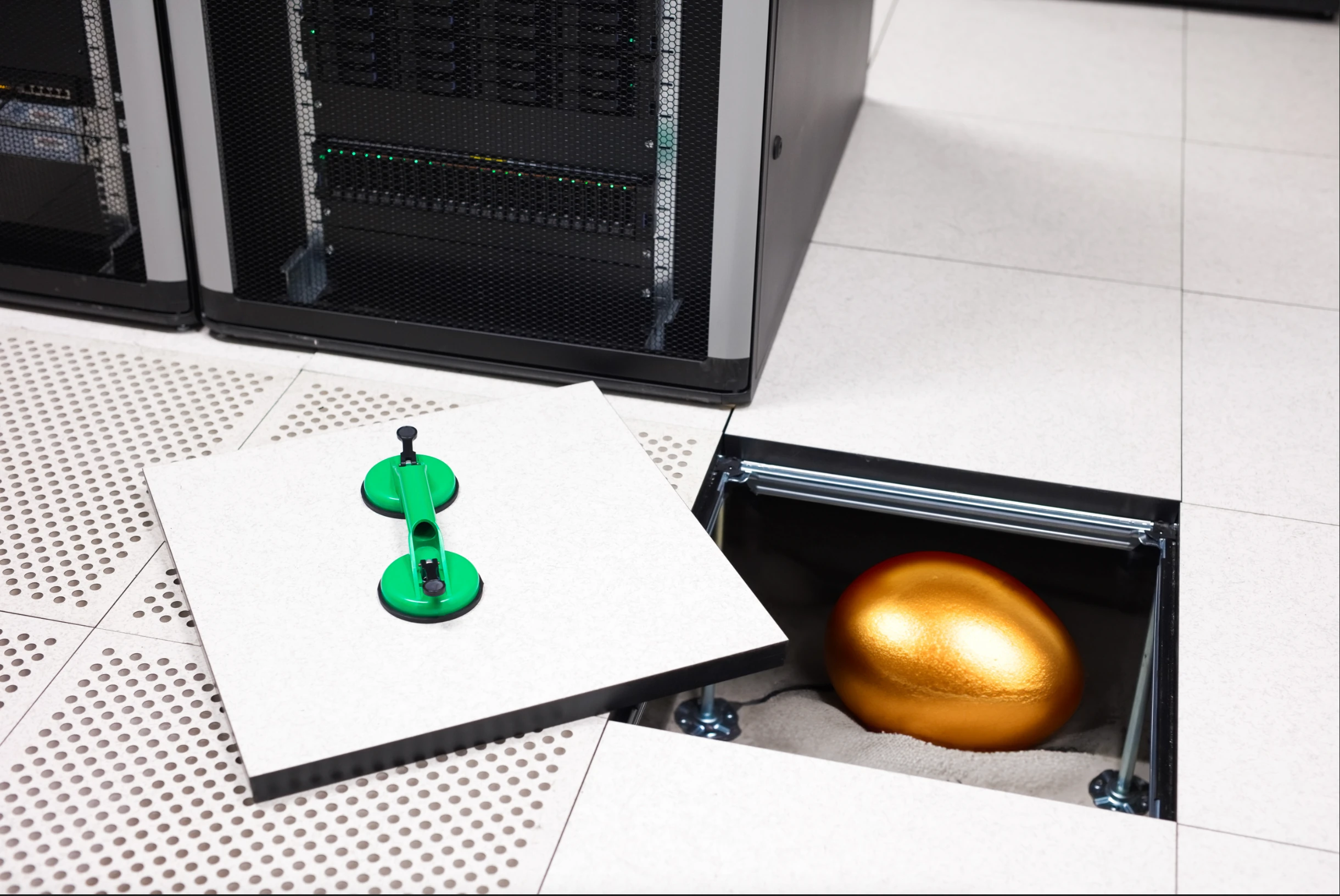Reddit’s Alexis Ohanian: Current IP Laws Aren’t Much Of A Friend to Startups
[Editor’s Note: This will be Rob Pegoraro’s last post for the Disruptive Competition Project. With the New Year, Rob is joining Yahoo Tech. He will be missed here at DisCo.]
If you’d like to buy an argument on the Internet, Alexis Ohanian can probably help get you started. Shortly after graduating from the University of Virginia in 2005, he founded Reddit; a year later, that discussion forum was acquired by Condé Nast.
A mix of seemingly endless comments threads and high-profile “Ask Me Anything” interviews featuring everybody from President Obama to an anonymous shipping-company employee, it’s since become one of the Internet’s most popular discussion sites, with almost 91 million visitors in November of 2013.
Ohanian remains a frequent commenter on his own site and has since branched out into other ventures. He started using the proceeds of Reddit’s sale to invest in such startups as the crowdfunding site Crowdtilt and the professional-education service General Assembly (the name of his investment firm, “Das Kapital Capital,” suggests the history major he once was).
In 2008, Ohanian founded Breadpig, a “sidekick-for-hire” that provides a variety of services for startups. And in 2010 he became an advisor to Hipmunk, a crafty little travel-search site co-founded by his Reddit co-founder Steve Huffman.
Ohanian’s role in founding a site based on the input of its users made him one of the more prominent opponents of the Stop Online Piracy Act, which would have made a site like Reddit essentially impossible. The experience of seeing Hollywood’s lobbying push for that bill defeated by a popular outcry seems to have emboldened him to speak out on other tech-policy issues that can hinder startups—in particular, reforming the patent system to punish patent trolling.
Ohanian’s also an interesting guy to talk to in person, as we did for about half an hour in late November during a Washington stop on the tour for his book “Without Their Permission: How the 21st Century Will Be Made, Not Managed.” Here are some highlights of our conversation.
Q. We’re looking at a site that lets people post with no prior filtering. How much did intellectual-property risks factor into founding Reddit?
A. Safe harbor was really helpful, because we would occasionally get takedown notices. But that was pretty rare—I mean, the fact is, Reddit works by linking to other Web sites, so we’re not hosting that content ourselves. The only content we have on Reddit are in the comments.
And fortunately, we have a reasonable understanding of fair use. You know, if someone is citing a paragraph in an article because they want to critique it, then most reasonable people will agree that that’s acceptable.
Q. And when you had investors start to come calling, did they have IP worries?
A. It never really came up.
Q. Knowing what you know now, is there any advice you’d give your 22-year-old self about that?
A. We wasted a lot of time and money putting together a provisional patent application that ultimately was pretty fruitless. When you’re just a startup—I deal with this now with portfolio companies—if you have a patent, you don’t have the resources to enforce it.
If a large company wanted to use what you patented, they would just out-lawyer and out-money you, and you would lose.
Q. So things like safe harbor helped you get rolling. What sort of copyright scenarios would have led you to say “I should just develop Web portals for the big banks instead.”
A. When you look at all user-generated content sites—like what has pretty much created the world of social media, and what I’d argue in a lot of ways has changed the world we live in—none of those could have existed in a world with prohibitive laws.
Q. How would you improve the copyright system?
A. It has its place to encourage innovation, to encourage creativity. But now, especially, thanks to the Sonny Bono extension, it’s doing more to curb creativity and innovation than to spur the very things it was intended to promote.
Especially in this remix culture we live in. I’ll be the first to admit that I don’t think I’ve ever done anything terribly creative. We all stand on the shoulders of giants.
Okay, copyright was originally 14 years in the United States. Founding Fathers, they missed a few things, but I would say they did a pretty good job with their idea of how long these monopolies would be. It’s now 60 years?— 70 years, yes, indeed. Life of the author plus 70 years! That is just protecting Mickey Mouse!
We at Breadpig ran a Kickstarter and published a Choose Your Own Adventure version of Hamlet which raised $500,000, $600,000. The author Ryan Barker was able to do that because Hamlet was in the public domain—thankfully, it was not created by Disney.
Copyright served its purpose: It encouraged a creative person to make something amazing and share it with the world, and now that it’s in the public domain another amazing person gets to take it and make something new.
Q. The copyright regime in Shakespeare’s time was not nearly as good.
A. True.
If you look at one of the most famous and best speeches of the 20th century, the “I Have a Dream” speech by Dr. Martin Luther King—that itself is a glorious remix that samples from Shakespeare, that samples from music, it samples from the Bible, and sure enough, that broadcast is still under copyright. Someone has to get paid when someone wants to watch the I Have A Dream speech.
I think most reasonable Americans would say something is not right here. And more and more Americans are speaking up about it. SOPA and PIPA was one very loud example of how frustrated we are about the overreach, and especially the kind of blunderbuss attitude about intellectual property.
Q. Anything else besides shopping for shorter copyright terms?
A. With hip-hop, sampling is such a fundamental part of that genre, and if you look at all of the innovation that’s happened, all of the creativity, all of the artists that’s come out of it, modern technology can kind of outpace the perception of digital music rights.
For all the artistry we’ve gained, there’s probably a lot we’ve never gotten to hear.
Q. I wanted to ask you about some cases in Reddit’s own history. There was a photo shared there of Joe Biden and Paul Ryan crossing paths in the debate that had been taken from an AP feed. Did you get any nastygrams?
A. Here’s the thing: We don’t host that photo. It’s on imgur. We have to do some education for these lawyers who just don’t understand how these things work: We don’t host this content; we are linking to it; by all means, get in touch with the people actually hosting the image.
[Ohanian added later on: “You see in subreddits like r/comics, where someone posts a link to an imgur of a webcomic piece, oftentimes they’ll get criticized in the comments and someone will link to the original on that webcomic author’s Web site.”]
Q. On the other side, Redditors have seen photos they shared there reused commercially without permission—for instance, BuzzFeed copied some in sponsored posts, then Lil’ Kim apparently used another on an album cover. Do you think the copyright system right now protects—not little people, but legally underrepresented people against a BuzzFeed or a Lil’ Kim?
A. Oh, that’s interesting. To be fair, I don’t know the specifics of the exact cases.
But broadly speaking, the little guy does not have the resources to fight those cases. The legal firepower ends up being on the side with the money and the connections. So, no, the existing framework does not do a great job for the little guy.
But platforms like Reddit, like Twitter, have the ability to also let nobodies, so to speak, get an audience and sort of court public opinion and put pressure on the organization, on the big guy, who’s picking on them.
Q. Aaron Swartz was involved with Reddit for a good part of his life. What were your reaction on hearing that he was facing criminal prosecution for what was basically alleged copyright infringement?
A. We had pretty much lost touch after he left Reddit, but we had a lot of mutual friends, and when I heard the news it was absolutely awful.
The hope I think we all have is that some good can come out of the tragedy. There are a lot of hard-working people pushing forward Aaron’s Law. There are a lot of hard-working people who are looking to make sure we bring the knowledge locked up in many of those research papers funded by the public, back to the public that funded them. Again, it’s a similar situation where most reasonable people would look at the status quo and say “that does not seem right.”
Q. When Reddit went dark in protest of SOPA, what did you think was going to happen? What was your best-case, your worst case?
A. I remember just past midnight, having to look something up on Wikipedia and being like, dammit, why is it down? Then it was like, alright, this is important.
When that happened… I was pretty damn confident that this was going to be a really big deal. At that point, I got calls from Fox, from CNN, from MSNBC, from Bloomberg, from everyone, asking why is the Internet on strike? As much as I’d like to think Reddit alone could have that impact, Wikipedia doing that was really something.
But five to six months earlier when I’d gotten involved, everyone in D.C. was telling me “oh yeah, this bill’s going to happen.”









